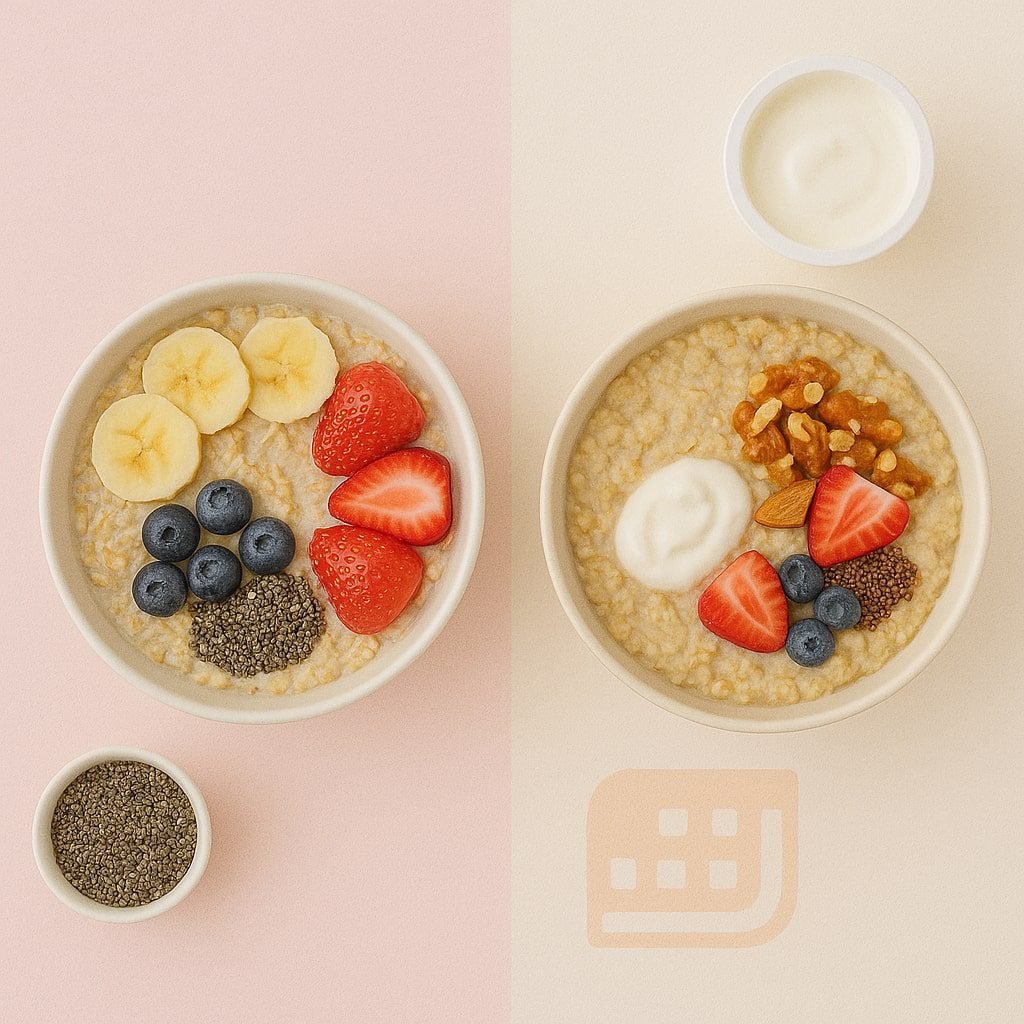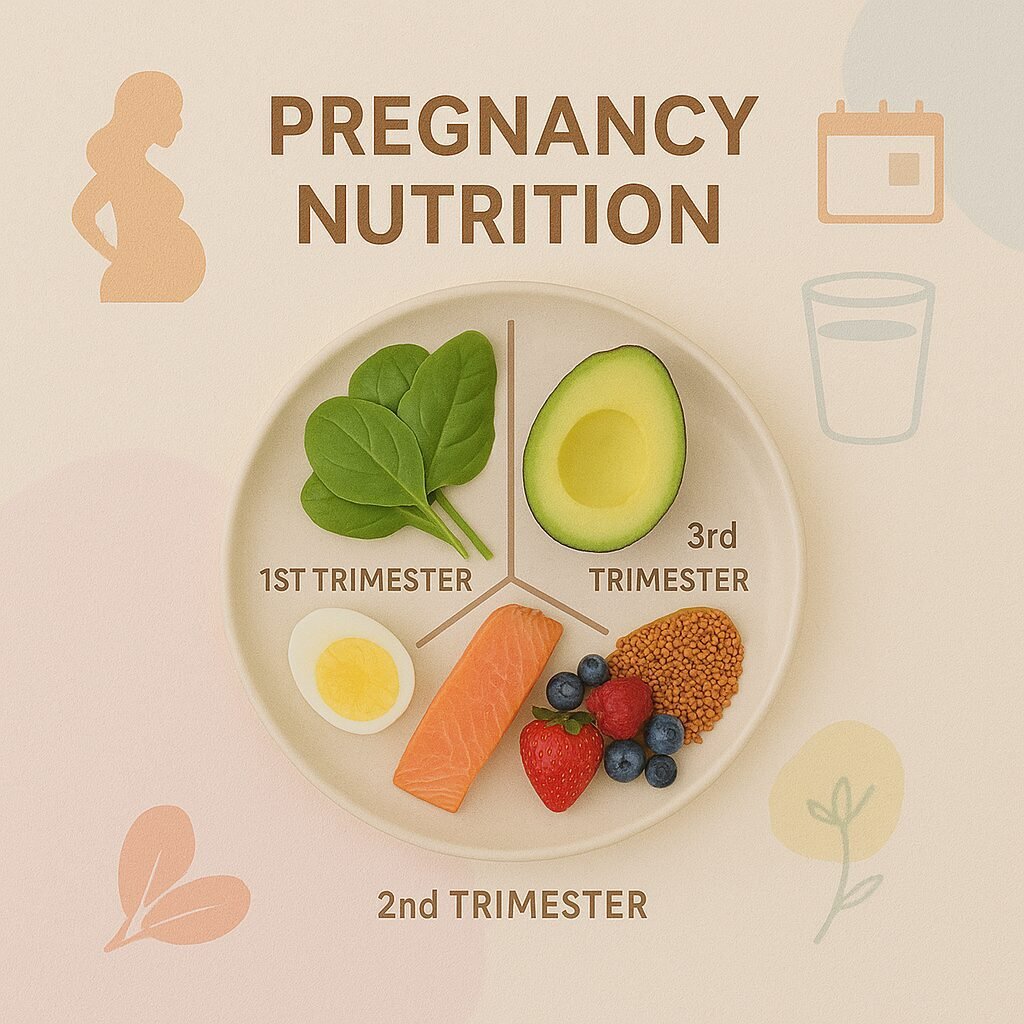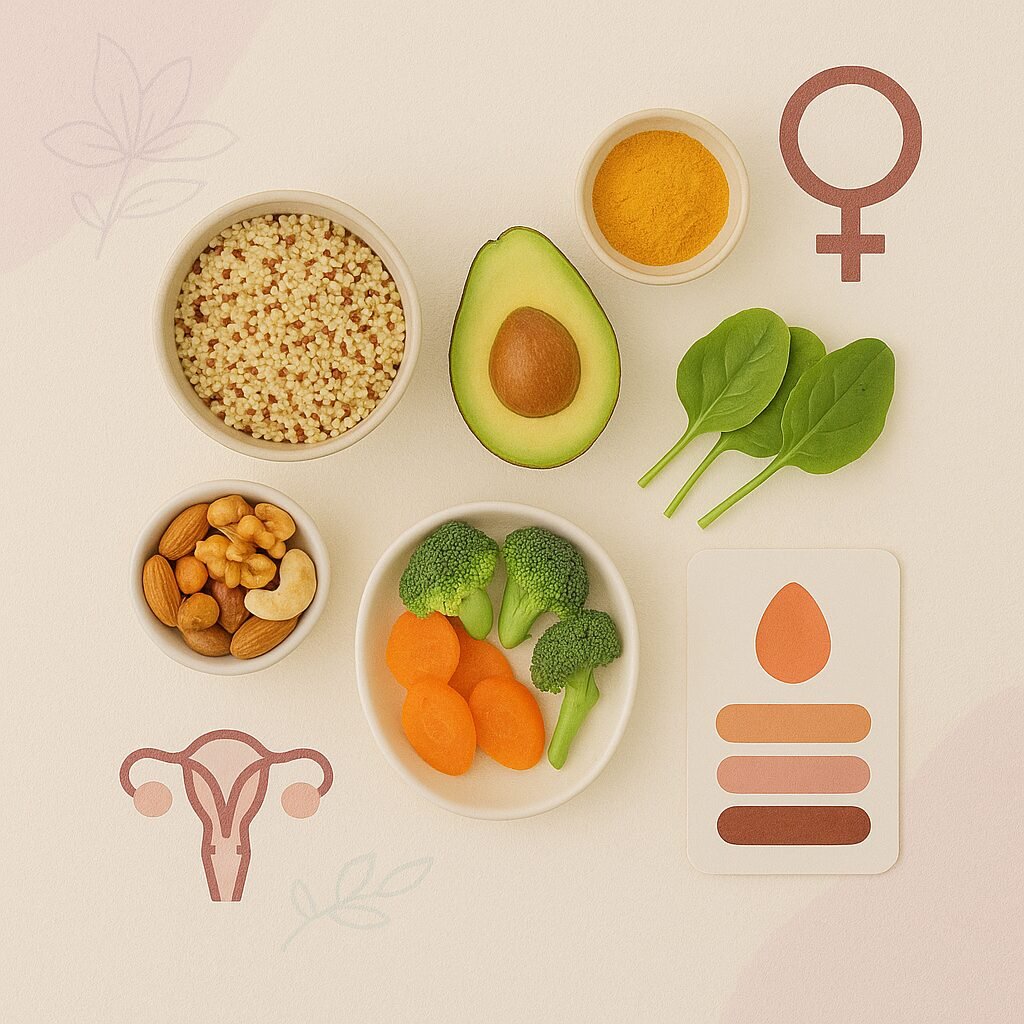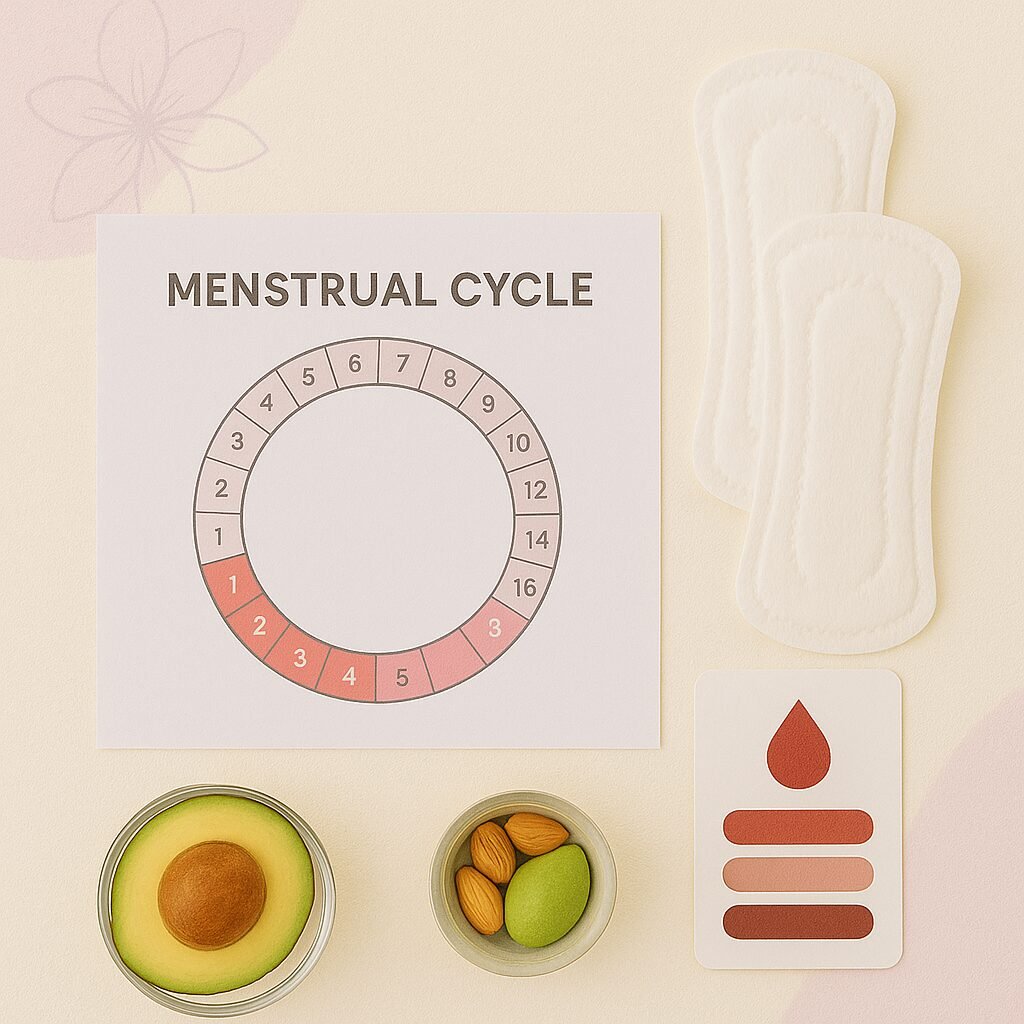Are you still feeding your kids biscuits, sugary milk, and noodles on repeat? It’s time to pause and rethink these old feeding habits. While these foods may feel convenient, relying on them daily can quietly affect your child’s health, behavior, and eating patterns in the long run.
Rice mixed with sugar, bread soaked in milk, endless biscuits, toffees, instant noodles, and junk food may seem harmless and easy, but over time they create a tough cycle that’s hard to break.
Why These “Easy Foods” Are a Problem
These commonly given foods lack essential nutrients like protein, fiber, healthy fats, vitamins, and minerals. Instead, they are loaded with refined carbs, sugar, and additives. Regular consumption can lead to:
- Crankiness and mood swings
- Sugar addiction and frequent cravings
- Poor appetite for real meals
- Development of fussy eating habits
- Long-term dependency on ultra-processed foods
The more children get used to sweet and highly processed flavors, the harder it becomes for them to accept wholesome, balanced meals later.
The Long-Term Impact on Eating Behavior
Feeding habits formed in early childhood strongly influence food choices in adulthood. When children are repeatedly offered sugary or processed foods, they begin to reject natural flavors like vegetables, fruits, and home-cooked meals. This not only affects nutrition but also creates resistance to healthy eating as they grow.
What to Do Instead: Build Healthy Habits Early
Rather than falling back on convenience foods, it’s time to get creative and intentional with meals.
- Encourage distraction-free eating without screens
- Offer balanced meals with protein, fiber, and healthy fats
- Introduce a variety of textures and flavors early
- Engage children with curiosity about food, not just sweetness
- Be patient and consistent with healthy options
Children don’t need sugar-loaded foods to enjoy eating. They need guidance, exposure, and repetition to develop a healthy relationship with food.
Nourish Their Future, Not Just Their Tummies
Feeding kids is not just about filling their stomachs—it’s about shaping their health, habits, and mindset around food. The choices you make today influence their energy levels, immunity, focus, and eating behavior for years to come.
Conclusion
While biscuits, sugary milk, and noodles may seem like quick fixes, they can lead to long-term nutritional and behavioral challenges for children. Building healthy eating habits from early childhood is far easier than trying to undo poor ones later. By offering balanced meals, encouraging mindful eating, and guiding children toward real, nourishing foods, you’re investing in their future health. Don’t just fill their tummies—nourish their future.
In case of any related query related to nutrition or weight management book an appointment with Dt. Silky Mahajan .You can also send us a mail at info@foodsandnutrition.in or call on 7829999400. Follow us on facebook & instagram for latest updates.











